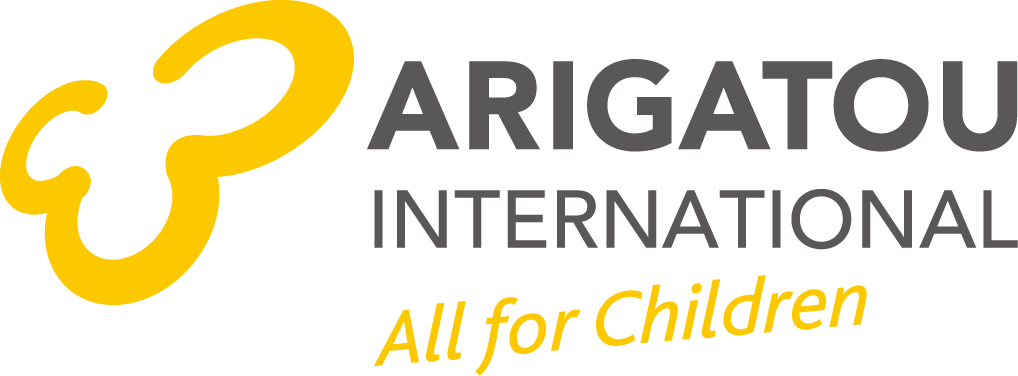Arigatou International attended the Annual day on the Rights of the Child held during the 25th Session of the Human Rights Council in Geneva. The Annual Day, dedicated this year to “Access to Justice for Children”, took place at the United Nations on the 13th of March 2014.
The morning session was opened by Ms. Flavia Pansieri, UN Deputy High Commissioner for Human Rights. Ms. Pansieri highlighted the numerous anniversaries celebrated in 2013 and this year around the Convention of the Rights of Child and reminded the audience that the Committee on the Rights of the Child is currently working on a child-friendly document on easier complaints mechanisms for children. The different panelists then addressed the current situation and challenges children face in regard to access to justice.
The afternoon session provided insights on the possibilities to allow an easier access to justice for children. Ms. Irene Khan, Director-General of the International Development Law Organization, pointed out that access to justice is also a prerequisite to all other human rights. It is most crucial for children because they are among the most vulnerable people in society. Making a child-friendly justice means understanding justice from the point of view of the child, therefore requiring a consented effort from everyone who interacts with them from teachers to social workers, but also lawyers and even parents. For children, justice is a much broader thing than for adults, it encompasses more people. There is a definite need to work with judicial systems around the world, both in formal and informal settings, and to have a bottom up approach so as to understand local realities and find solutions that work locally. Suggestions included the provision of child-friendly materials; allocation of personnel by courts who can advise children on how the justice system works, as well as provide direct, confidential communication between the judge and the child.
Arigatou International submitted a written statement to welcome the report of the Special Representative of the Secretary General on Violence against Children, Ms Marta Santos Pais, and its special focus on promoting restorative justice for children. Arigatou International underlined that the increasing social pressure for the criminalization of young offenders and the often-perpetuated discrimination children face in the justice system on the basis of ethnic origin, gender, disability, socio-economic status or other factors, calls for the urgent development of restorative justice systems. It called for the inclusion of education programs that can serve as a preventive mechanism and encourage the development of mediation, conflict transformation skills and non-violent alternatives. Arigatou International emphasized that schools as well as religious institutions and faith-based organizations can play a critical role in promoting and creating restorative systems and structures, not only by serving as spaces for different actors to come together to engage in dialogue and reconcile but also by challenging violence against children and encouraging communities to provide opportunities for young offenders to reintegrate.
Finally Arigatou International proposed the use of its Learning to Live Together Programme as a contribution to addressing conflicts among children and youth, preventing violence against children, and promoting dialogue and reconciliation.
